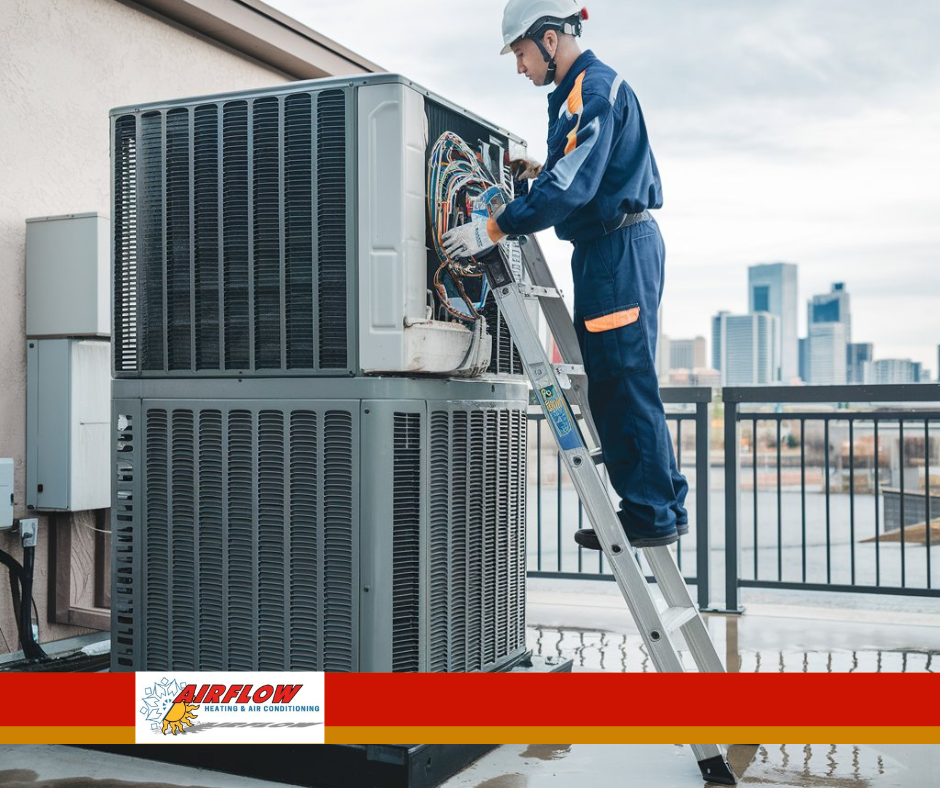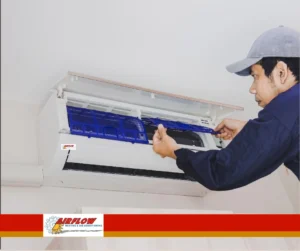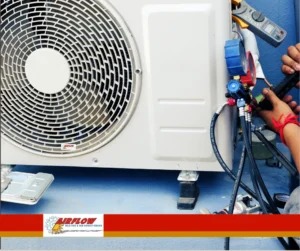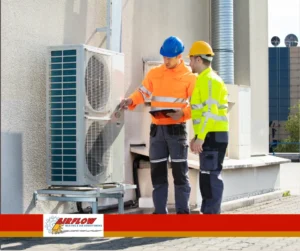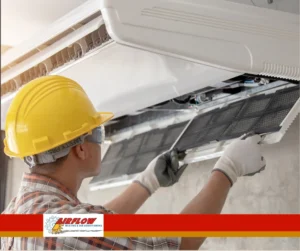Refrigerant is the lifeblood of your air conditioning system, responsible for absorbing and releasing heat to keep your home cool. While proper refrigerant levels are always important, they become even more critical during the hot summer months. With rising temperatures, your AC works harder, and any imbalance in refrigerant levels can severely impact its performance, efficiency, and lifespan. Understanding the role of refrigerant and maintaining the right levels can help you avoid costly breakdowns and discomfort during peak heat.
- The Role of Refrigerant in Cooling
Refrigerant is a chemical compound that cycles through your AC system, absorbing heat from indoor air and releasing it outside. This process allows your home to stay cool even when outdoor temperatures are soaring. If refrigerant levels are too low, your AC won’t be able to remove enough heat, causing inefficient cooling and increased strain on the system.
- Increased Cooling Demand in Summer
During summer, your AC runs for extended hours to combat high temperatures. This continuous operation requires an adequate amount of refrigerant to sustain efficient cooling. If levels are low due to leaks or improper charging, your system will struggle to keep up with demand, resulting in longer cooling cycles, higher energy consumption, and reduced comfort.
- Signs of Low Refrigerant Levels
If your AC isn’t cooling as effectively as it should, low refrigerant could be the culprit. Watch for these common warning signs:
- Warm air blowing from vents even when the thermostat is set correctly
- Longer cooling cycles or the system running continuously
- Ice buildup on evaporator coils due to insufficient heat absorption
- Hissing or bubbling noises indicating a refrigerant leak
- Higher energy bills caused by the AC overworking to compensate for low refrigerant
- The Risk of AC Overheating
Low refrigerant forces your AC to work harder, increasing the risk of overheating. The compressor, a key component of the system, may overheat and fail if it operates under excessive strain for too long. Compressor failure is one of the most expensive repairs in an air conditioning system and can sometimes require a full system replacement.
- Impact on Energy Efficiency
An AC with low refrigerant levels consumes more electricity while delivering less cooling. This inefficiency not only leads to higher utility bills but also shortens the lifespan of your unit. Keeping refrigerant levels balanced ensures that your system runs at peak efficiency, reducing overall energy costs.
- Preventing Refrigerant Issues
Regular air conditioning maintenance is the best way to prevent refrigerant-related problems. To keep your system in top condition:
- Schedule routine inspections to detect refrigerant leaks early
- Check for ice buildup on the evaporator coils, a sign of low refrigerant
- Ensure proper refrigerant charging by hiring a certified HVAC technician
- Seal any refrigerant leaks immediately to avoid further system damage
- When to Call a Professional
Handling refrigerant requires specialized training and equipment. If you suspect your AC is low on refrigerant, contact an HVAC professional for a thorough inspection. They can check for leaks, recharge the refrigerant, and ensure your system is properly balanced for optimal summer performance.
READ MORE:
The Importance of AC Coil Cleaning Before Peak Summer Temperatures

